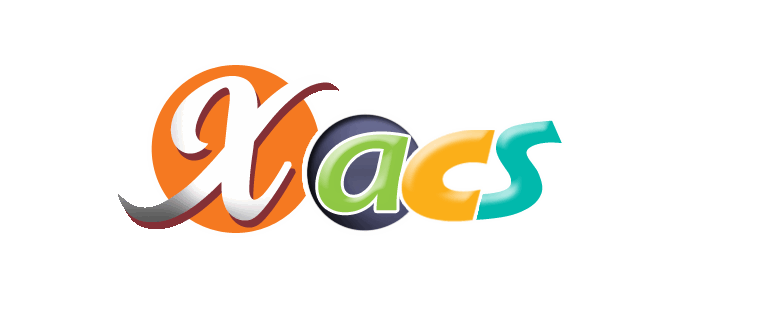News
- DARKKO 4. Ayında! Eğlence Devam Ediyor!
- Bu Yaz DARKKO ile Daha Eğlenceli!
DARKKO 4. Ayında! +500.00 TL Ödül Teslim Edildi
Takip etmek için giriş yapın
Takipçiler
0
Dreikurs four goals of misbehavior pdf
Oluşturan:
pdjtu3ezl,
-
In Game Picture & Video Sharing
